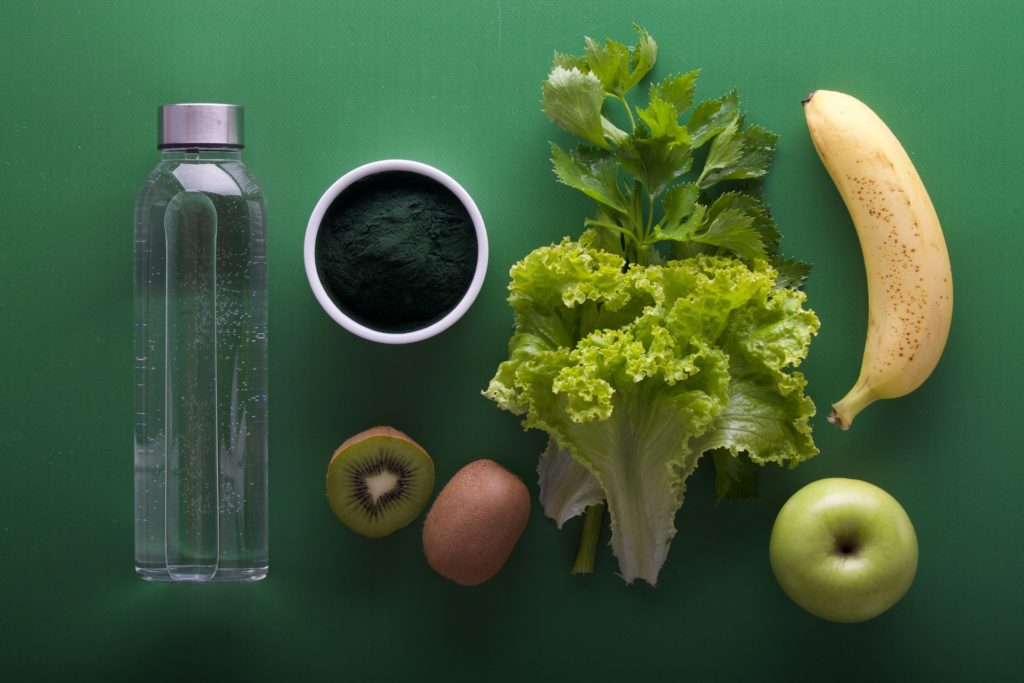

The human body is designed to defend against foreign bodies such as germs, bacteria, and viruses, including COVID-19. A healthy immune system may foster a speedier recovery from illness. While you may not be able to improve an otherwise healthy immune system, you can take steps to maintain its health and integrity.
A healthy immune system protects us by creating a barrier that stops invaders or antigens, from entering the body. When an unwelcome invader slips through the barricade, the immune system responds by producing white blood cells and other chemicals and proteins that attack the foreign substances.
Is there a secret to a long and healthy life? Do genes control our destiny? How does lifestyle impact our health? According to the National Institutes of Health (NIH), while genes play an important role, lifestyle plays the biggest role on how healthy you are and how long you live. The food you eat, what you drink, if you smoke, how active you are and how you handle stress are critical factors that determine your longevity. The NIH research has found that smoking, physical inactivity, and poor eating habits are the leading causes of death, in that order.
To maintain a healthy immune system, physical activity is one of the most important factors in improving a lifestyle in a positive way. A minimum of 30 minutes of physical activity, 5 days per week can greatly contribute to longevity. Most experts agree that moderation is important. If you overindulge with exercise you will be at greater risk for musculoskeletal injuries. This is especially true for those who are newcomers. The goal is to gradually work into a fitness program and maintain it for life…now, during home confinement; it may be a good time to begin.
Researchers have found that the benefits of regular physical activity are numerous. Some of the more important benefits are:
Sources: WebMD.
Visit your doctor regularly and listen to your body.
Keep moving, eat healthy foods, exercise regularly, and live long and well!
Next Week: Learn some simple home exercises using Resistance Bands.
Read Dr. Mackarey’s "Health & Exercise Forum" every Monday in the Scranton Times-Tribune.
This article is not intended as a substitute for medical treatment. If you have questions related to your medical condition, please contact your family physician. For further inquires related to this topic email: drpmackarey@msn.com
Paul J. Mackarey PT, DHSc, OCS is a Doctor in Health Sciences specializing in orthopaedic and sports physical therapy. Dr. Mackarey is in private practice and is an associate professor of clinical medicine at Geisinger Commonwealth School of Medicine.